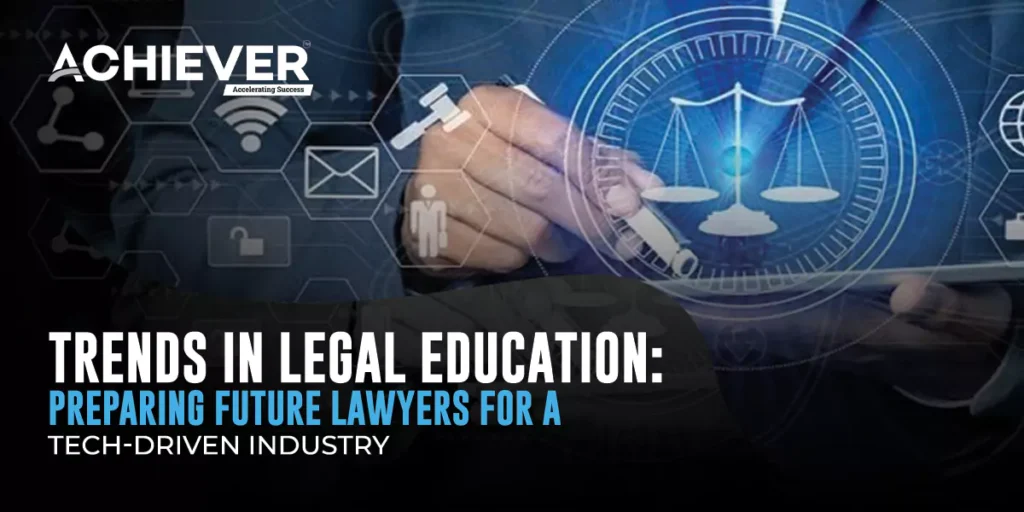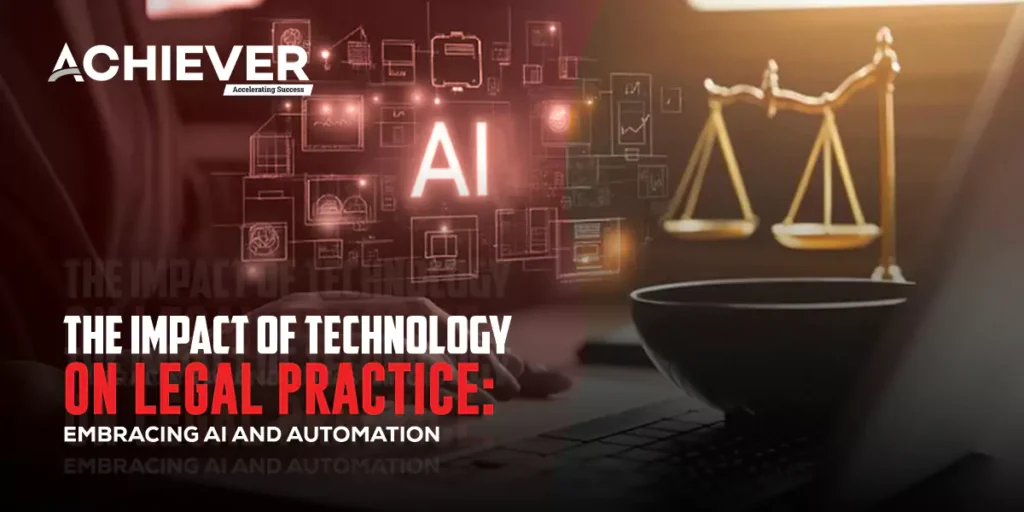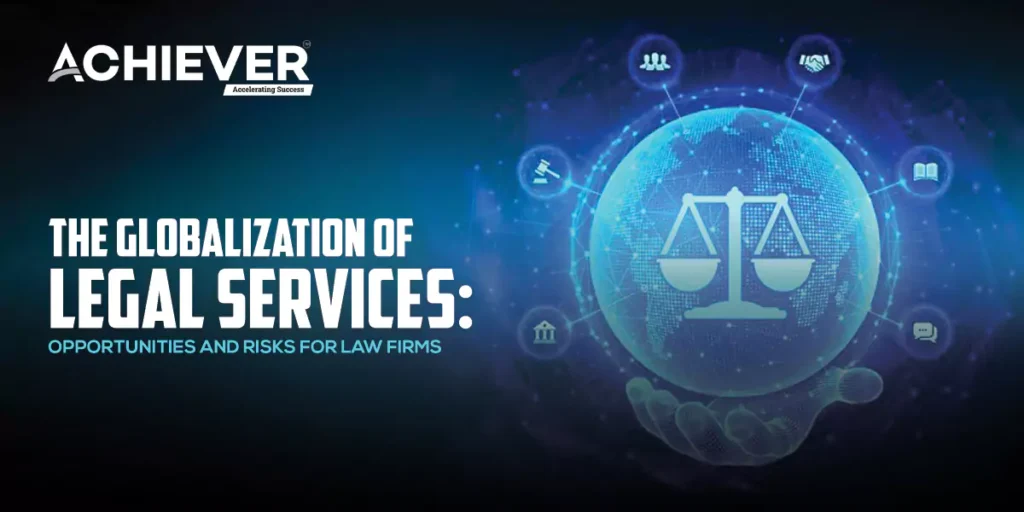The legal profession is experiencing profound transformations driven by advancements in technology. As artificial intelligence (AI), blockchain, legal analytics, and other innovations reshape how legal services are delivered, law schools are evolving their programs to equip future lawyers with the skills needed for a tech-driven industry. This article explores the latest trends in legal education and how they aim to prepare the next generation of legal professionals.
- Integration of Legal Technology in Curricula
One of the most prominent trends is the incorporation of legal technology courses into law school curricula. These courses introduce students to tools such as contract automation software, e-discovery platforms, and AI-based legal research tools. Many law schools are offering specialized courses in areas like legal tech innovation, cybersecurity law, and digital contracts to ensure graduates are comfortable with the technologies shaping the legal landscape.
Programs like Northeastern University’s “Technology and Law” track or Stanford’s “Legal Design Lab” are examples of how schools are blending law and technology. This shift reflects the reality that legal professionals need to not only understand traditional laws but also use software that streamlines workflows, especially in corporate, IP, and litigation practice areas.
- Emphasis on Data Literacy and Analytics
Data is becoming an invaluable asset in the legal industry. Lawyers are increasingly expected to understand data-driven insights, whether they relate to litigation outcomes, compliance risks, or contract trends. As a result, law schools are beginning to introduce courses on legal data analytics, teaching students how to interpret and apply data for strategic decision-making.
Programs are focusing on tools like predictive analytics, which allow lawyers to forecast case outcomes based on historical data. Legal professionals of tomorrow will need to harness data not just to advise clients effectively but also to maintain a competitive edge in a rapidly evolving market.
- Focus on Artificial Intelligence and Automation
AI is no longer a distant concept but a practical tool transforming various legal services, such as due diligence, document review, and legal research. Law schools are recognizing that future lawyers need to understand how AI can complement their work. Courses on AI ethics, algorithmic bias, and machine learning are being introduced to address both the potential and the pitfalls of automation in the legal domain.
In addition, students are exposed to contract automation platforms like Ironclad or Kira, giving them hands-on experience with technologies that improve efficiency. While AI will not replace lawyers, legal professionals must know how to leverage these tools to focus on more strategic and client-focused tasks.
- Development of Hybrid Skills: Law, Business, and Technology
Modern legal education emphasizes the need for lawyers to develop a multidisciplinary skill set. Today’s legal professionals are not just expected to interpret the law but also to understand business operations, technology trends, and regulatory frameworks. Schools are collaborating with business schools and tech institutes to offer dual-degree programs and cross-disciplinary courses.
For example, JD/MBA programs allow students to gain insights into both legal and business challenges. Similarly, collaborations with technology schools provide exposure to blockchain applications, helping lawyers advise clients on smart contracts and regulatory compliance in the digital economy.
- Embracing Experiential Learning through Legal Tech Clinics
To provide real-world experience, many law schools are adopting legal tech clinics. These clinics allow students to work on real cases using technology-enabled solutions. For instance, students might assist nonprofits in automating legal documentation or help startups implement compliance tools. Clinics like these foster practical problem-solving skills while familiarizing students with the tools and technologies they will use in their careers.
Some schools also encourage students to participate in legal hackathons—competitions where law students collaborate with programmers to develop innovative legal solutions. These events provide valuable exposure to both technical and collaborative skills, preparing students for future industry demands.
- Promoting Lifelong Learning and Microcredentials
Given the rapid pace of technological change, continuous learning has become essential in the legal industry. Law schools are beginning to offer microcredentials and certifications in specialized areas such as cybersecurity law, AI ethics, and blockchain regulations. These programs allow students and practitioners to stay updated on emerging trends.
Online learning platforms and Executive Education programs are also gaining traction, catering to legal professionals seeking to upgrade their skills while balancing work commitments. Schools like Harvard and Georgetown offer short-term certifications in legal tech, ensuring that lawyers remain relevant in the face of evolving industry needs.
Conclusion
The legal education landscape is undergoing significant changes to prepare future lawyers for a tech-driven industry. As technology continues to shape legal practice, law schools are introducing courses on legal tech, data analytics, and AI, fostering hybrid skills through multidisciplinary programs, and offering experiential learning through clinics and hackathons. Lifelong learning is also becoming essential, with microcredentials helping legal professionals stay ahead of emerging trends.
These efforts reflect a shift from traditional legal education to a more dynamic, technology-centric model that equips lawyers not just to practice law but also to innovate within the field. As the industry continues to evolve, law schools will play a critical role in shaping the next generation of legal professionals, ensuring they are not only competent but also adaptable in the face of technological change.







